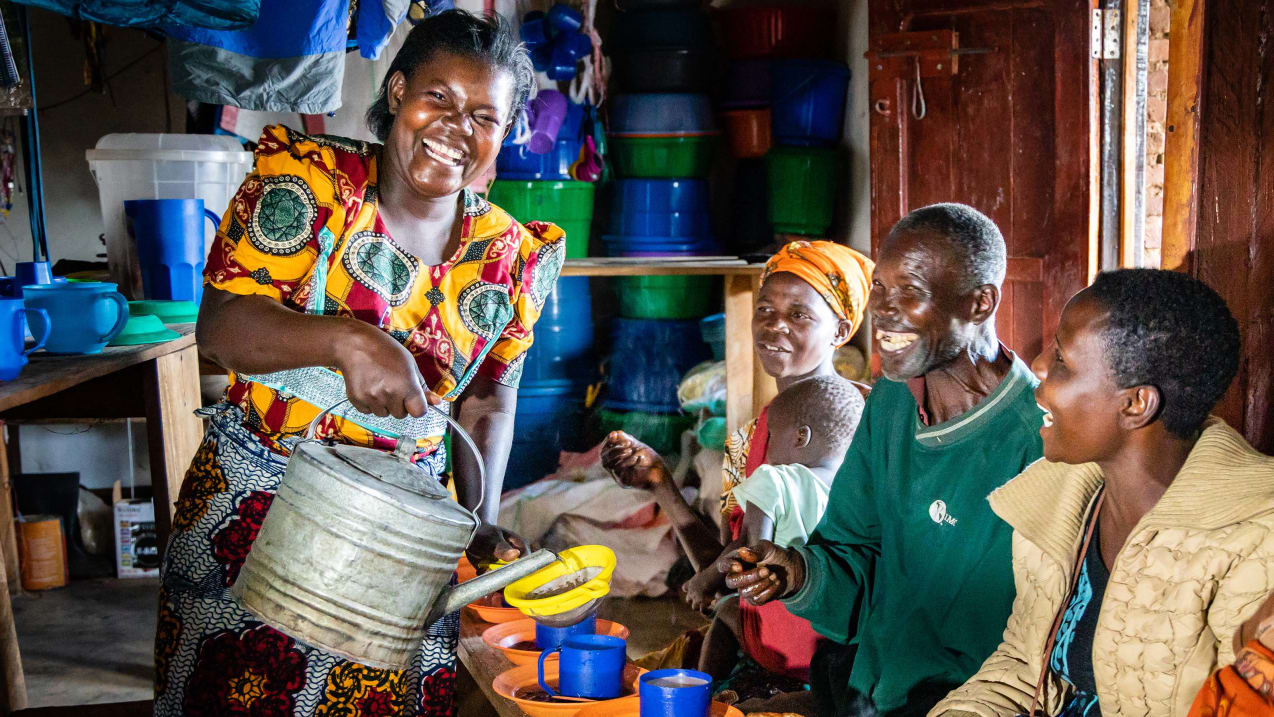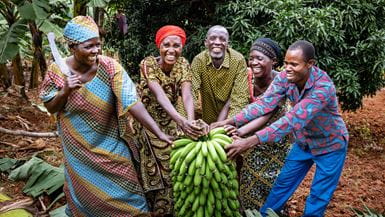Tearfund is assessing the impact of church and community transformation (CCT) processes around the world.
Large-scale quantitative research is being carried out in partnership with impact specialists, State of Life, over several years. It uses a rigorous and pioneering approach that includes social value measurement and social cost-benefit analysis. This means putting a monetary value on the transformation that CCT brings to individuals and communities.



